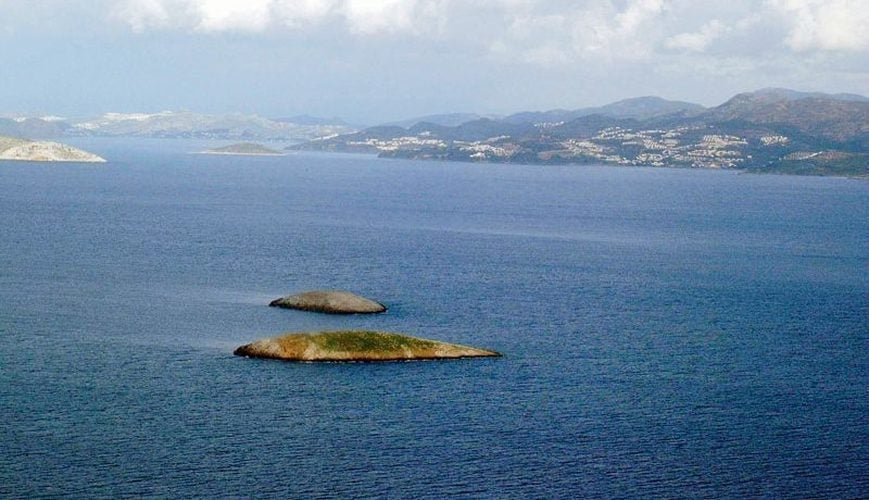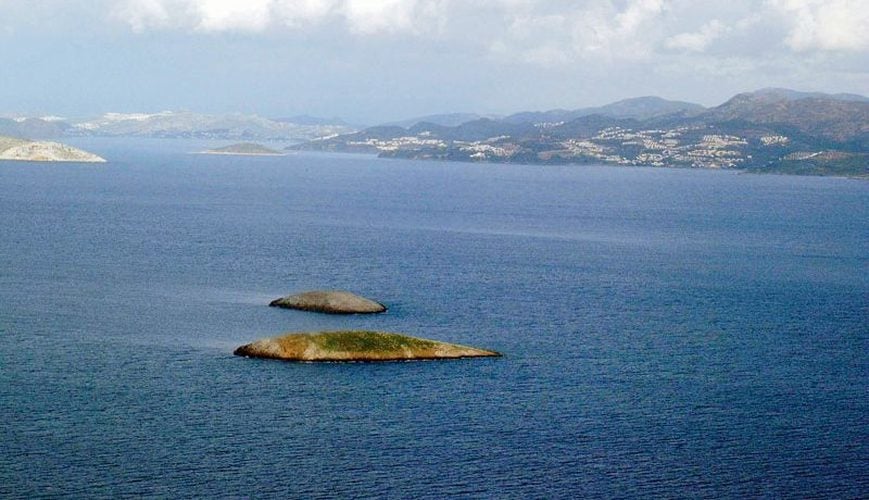

Turkey has rejected the published maritime spatial plan (MSP) by Greece, claiming it infringes on Turkey’s maritime jurisdiction in both the Aegean Sea and the Eastern Mediterranean.
In a statement released by Turkey’s Ministry of Foreign Affairs, the MSP, jointly announced by Greece’s Ministries of Foreign Affairs and Environment and Energy, was denounced as containing areas that unlawfully overlap with Turkish maritime zones.
The plan was accompanied by an official map detailing Greece’s proposed maritime boundaries.
“Some of the areas specified in the ‘Maritime Spatial Plan’ (MSP) declared by Greece within the framework of EU legislation violate ‘Türkiye’s’ maritime jurisdiction areas in both the Aegean Sea and the Eastern Mediterranean,” the ministry said, adding that this declaration will have no legal consequence for Ankara.
Turkey also criticized what it described as Greece’s unilateral approach, highlighting the need for regional cooperation.
“International maritime law encourages cooperation between coastal states in these seas, including on environmental issues, and in this regard, ‘Türkiye’ is always ready to cooperate with Greece in the Aegean Sea,” the statement read.
Greece on Wednesday announced plans for managing human activities in maritime areas, such as tourism, offshore energy drilling, fishing and environmental protection.
“For the first time, our country sets the rules for the organization of maritime space and clearly defines the uses of its maritime zones,” the official announcement stated.
The act establishing the National Spatial Strategy for Maritime Space (NSSMS) shows “Greece grows taller and expands its diplomatic imprint,” Foreign Affairs Minister George Gerapetritis said in an interview with Skai TV on Wednesday.
Referring to a corresponding map issued by Turkey, he said that if we have two different versions, there is the path of a joint understanding in order to resolve the issue of exclusive zones.
The announcement about Greece’s Maritime Spatial Planning came after the country was rebuked by the European Court of Justice earlier this year for failing to submit the plans to the European Commission, as all coastal European Union member states are required to do.
Spatial planning for sea areas is considered necessary for the sustainable use of marine resources, setting out where activities such as transport, tourism, fishing and renewable energy projects can take place, and for the protection of marine environments.
The plan integrates land-sea interactions, prioritizing consultation and regional collaboration through Maritime Spatial Planning Frameworks tailored to each geographic area.
This initiative fulfills Greece’s obligations under Directive 2014/89/EU and supports broader EU strategies, such as the European Green Deal and the EU Maritime Security Strategy (EUMSS). The MSP also reflects Greece’s sovereign rights as recognized by International Law, especially the United Nations Convention on the Law of the Sea (UNCLOS).
